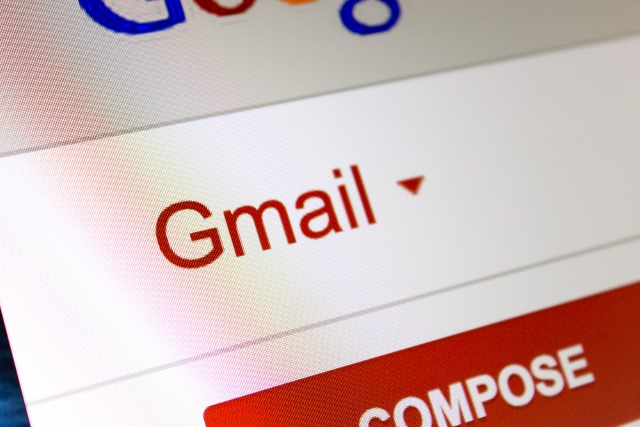
Gmail offers better malware and phishing protection for enterprises
Google has updated Gmail with a number of new security features aimed at businesses that require better protection against malware and phishing scams.
The company announced today that it is bringing early phishing detection to its email service by using machine learning along with click-time warnings for malicious links found in emails as well as unintended external reply warnings.
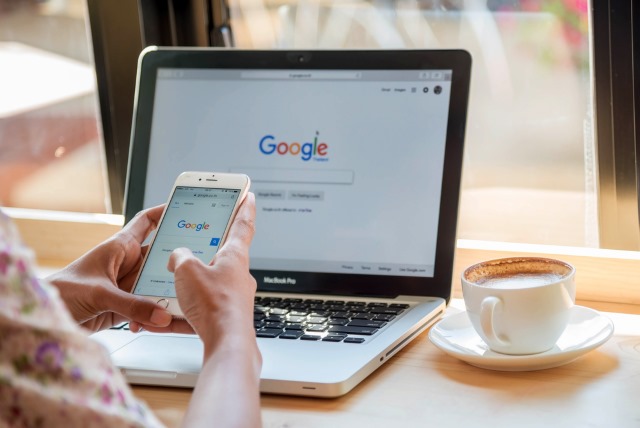
Google search's Personal tab shows results from your emails, calendar and other G Suite content
Personalized results in Google search are not exactly new, but the company has now introduced a new way to section off truly personal results. A new Personal tab (which you would be forgiven for missing as it's a little hidden out of the way) filters search results to show you only matches from your own Google content.
What this means is that you are able to easily see search results from your Gmail emails, Google Photos, Calendar and other G Suite components without having to conduct searches in each one individually. But is there cause for concern when it comes to privacy?
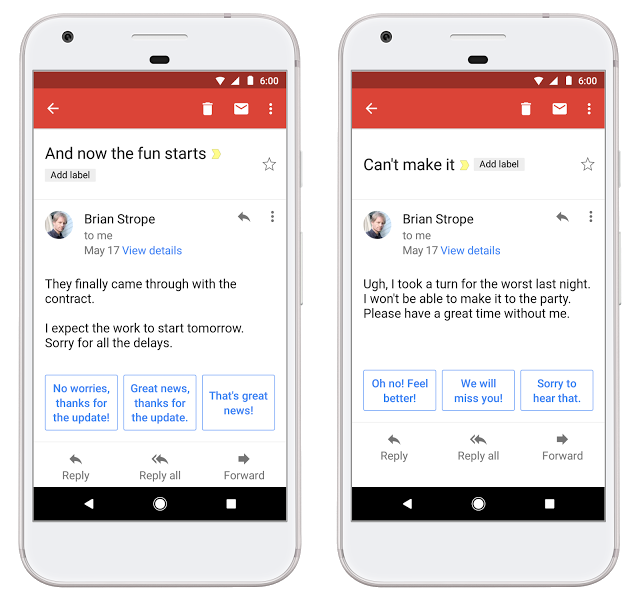
Google bringing Gmail 'Smart Reply' to iPhone and Android -- company will read your emails
Today is the start of Google I/O 2017 -- be sure to watch the keynote here. There will be plenty of interesting announcements from the company. While much of it will be developer focused, there is sure to be news that will tickle the fancy of consumers too.
Gmail is one of Google's most popular services, and today, the company announces that it is bringing a cool feature to it -- Smart Reply. What is it? Well, the search giant's computers will read your emails, and then offer suggested replies. The service will even use machine learning to improve by reading your replies too. Understandably, some people will have privacy concerns.
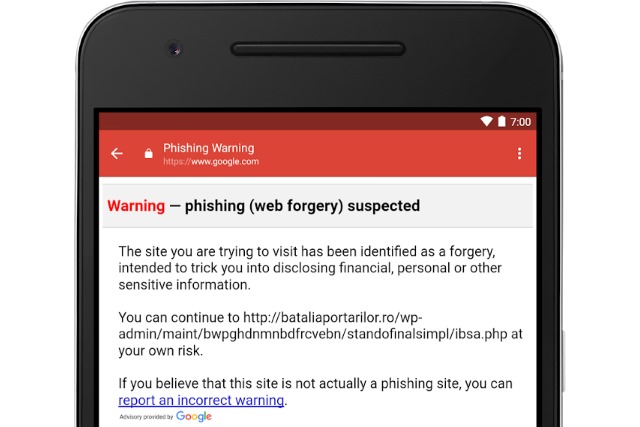
Google adds phishing protection to Gmail app on Android
Gmail users will now be protected from phishing attacks on their Android phones thanks to a new update from Google. The company is rolling out a new security feature similar to that found in the web version of Gmail, warning people when an email contains a suspicious link.
For now, the update is only rolling out to Android users, and Google has not indicated whether it will make its way to iOS in due course or not. The update comes just shortly after a phishing scam emerged in which recipients were encouraged to click on a link to open files purporting to be stored on Google Docs.

Gmail for Android now does money transfers
If you need to transfer money, there's no lack of options nowadays. Of course you can always use dinosaur-like methods, such as ACH or wire transfers from an old-school bank, but in 2017, there are many apps and services that can move the funds too, such as PayPal.
Today, Google introduces yet another way to move funds, but no, it is not a new app or service. Actually, it is an existing app that is already installed on most Android devices -- Gmail. Yeah, you can now send and receive money using the email client on Google's mobile operating system, just as you already can with the web version.
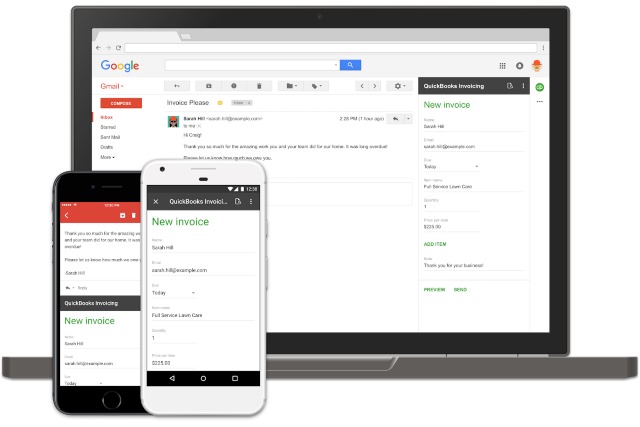
Google is bringing add-ons to Gmail
It's something that Gmail users have been asking for for ages now -- the ability to use third-party add-ons to extend the capabilities of the email service. Today at its Cloud Next conference in San Francisco, Google announced that plugins that can integrate with Gmail are on their way.
While "add-ons" are already around, they exist in the form of browser extensions. What Google is talking about now is native add-ins that are not dependant on Chrome extensions, and will therefore work online in any browser, on just about any device -- including iOS and Android.
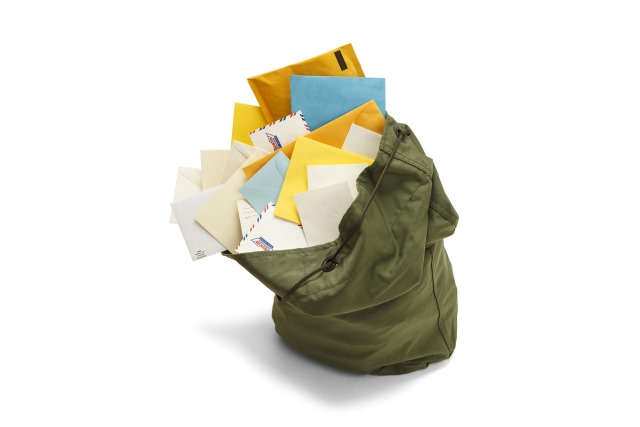
Google increases Gmail attachment limit to 50MB for recipients
Over the years, as the number of megapixels boasted by cameras spirals upwards, file sizes have generally increased. Despite this, many email providers still place a strangely low limit on the size of files that can be sent and received as attachments. With Gmail you can now receive attachments up to 50MB in size.
It's important to note that the new attachment limit only applies to incoming email. Google would much rather you make use of Google Drive if you want to send large files to people.
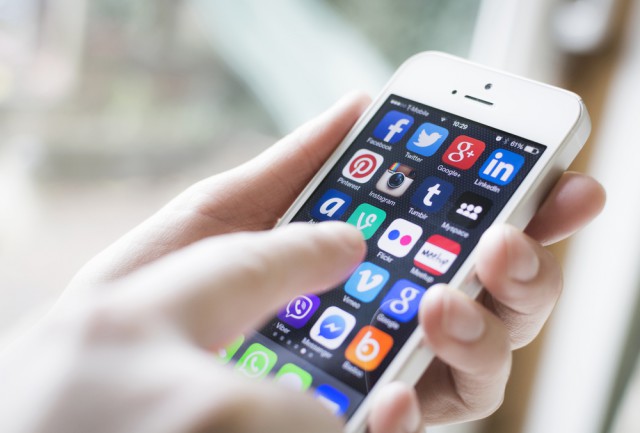
Nielsen: Top 10 smartphone apps of 2016 -- Facebook and Google dominate
When it comes to mobile operating systems, apps still reign supreme. To highlight which ones were most popular in 2016, Nielsen conducted a study of Android and iPhone smartphone users.
Not surprisingly, two major players in the mobile space -- Facebook and Google -- lead the pack.

Google agrees to change its email scanning systems to avoid a privacy lawsuit
The fact that Google scans the contents of emails sent and received through Gmail has been known for some time now. It's just one of the ways in which the company gathers information about users to help deliver targeted advertising. Faced with a lawsuit over the privacy implications of this technique, Google has agreed to change its scanning systems.
Before you check to see whether hell has indeed frozen over, this is hardly a dramatic change of heart for Google. The change is only very slight, and in practice it will make little -- if any difference -- to end users.
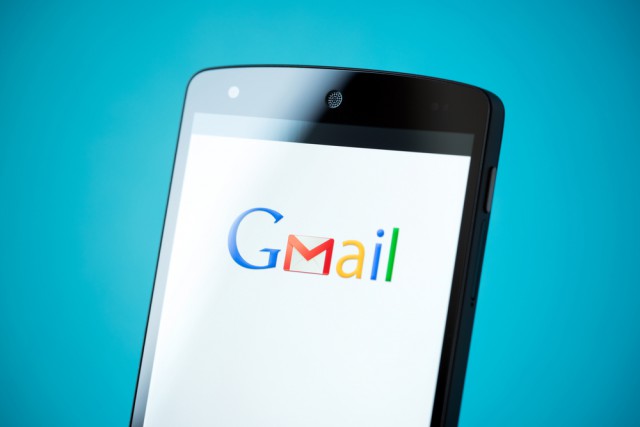
Hacker discovers Gmail vulnerability that leaves any account open to compromise
A student and security researcher from Pakistan has found a serious issue with Gmail that makes it possible for a hacker to take over any email address.
The vulnerability relates to the way Google handles the linking of a primary Gmail account to another email address for the purposes of message forwarding. In just a few steps it was -- before Google fixed the problem -- possible to take over ownership of an email address by tricking the system into sending out the necessary verification code.

When is stupidity fraud?
Next month I return from my first—and hopefully last—summer sabbatical. I resume writing with a question for you: "When is stupidity fraud?" I ask because someone is using my gmail address to sign up for a humungous number of newsletters and websites. At first, I presumed someone trolled me. But that no longer appears to be the case. This guy, presumably living in North Carolina, either uses my address randomly to hide his identity, or he mistypes one that is similar. Given many of the services are for an unidentified widower looking for love, I assume the latter.
Behind my question are real concerns about identity and privacy that do not just apply to me. The email address gives me the ability to change the passwords and even cancel accounts—both of which I have done, treating his misuse of my email address as identity theft and violations of my privacy; after years of careful cultivation that reduced spam, crap is on the rise as this misuse spreads my gmail identity across dating and discount sites and sex webcams. Who knows on what mailing lists it will appear next.
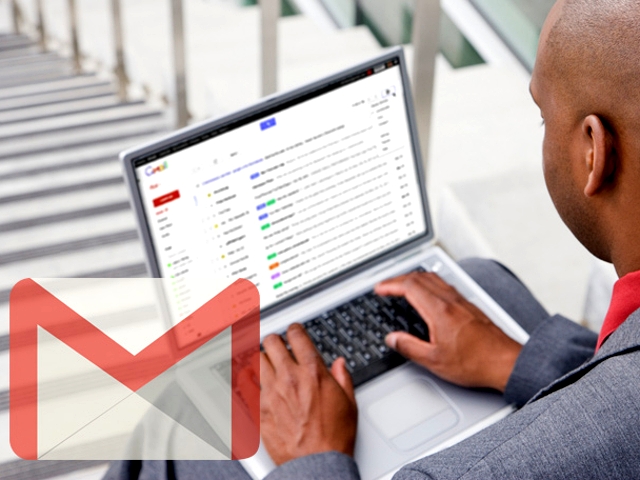
Google redesigns Gmail for Android and the web
Gmail was designed to be a cross-platform email tool, but even Google recognizes the fact that it is far from perfect. With this in mind, Gmail -- and Inbox by Google -- are undergoing a redesign to improve things.
With the redesign, Google says that it is focusing on adjusting the formatting and general look so that it better suits the device emails are being viewed on. You may well have thought that this should have been the case from the beginning, but it seems that an update is in order.

Wmail is a cross-platform desktop client for Gmail
Wmail is an open-source Chromium-based Gmail client for Windows, OS X and Linux. The program supports both Gmail and Google Inbox accounts, and you can add and manage as many as you need.
You could do this with a browser, of course, but Wmail gives you much improved support for drag and drop and keyboard shortcuts, as well as providing native desktop notifications when a new message arrives.
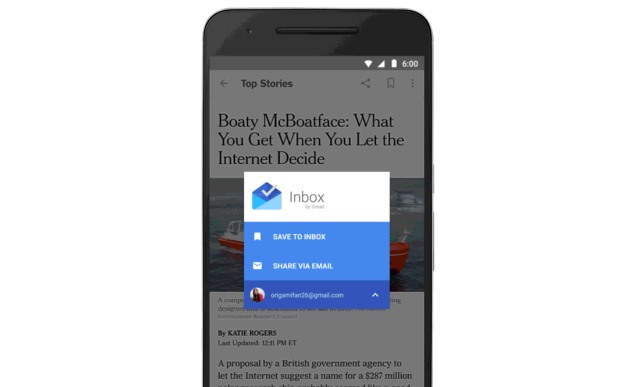
Google Inbox makes it easier to manage links, newsletters and calendar events
When it comes to email, Google is about more than just Gmail. With Inbox, Google has looked to simplify and automate email, and today the company announces three new features that take this further.
But Google doesn't think that 'features' is strong enough a word; instead these are 'experiences'. Specifically, there are new experiences that make it easier to keep track of calendar events, manage the links you email to yourself, and view all of the newsletters you subscribe to.

Google fails Gmail users with misguided 'Mic Drop' April Fool's prank
As a tech enthusiast, I dread the stupid April Fool's Day every year. What should probably be a fun day for children to pull safe and respectful pranks, has evolved into a day when companies announce fake products. Is it all in good fun? Yes, but some of these companies are publicly traded and worth billions of dollars. It's time to grow up. Some of us are interested in legit news.
One such company, Google, provides services to billions of people -- including some for business use. And so it has a responsibility to its users, and shareholders, to not cause harm with goofy jokes. Today, the search giant does exactly that, however, with a prank called "Mic Drop". In fact, the prank was so misguided, that Google has since pulled it.
